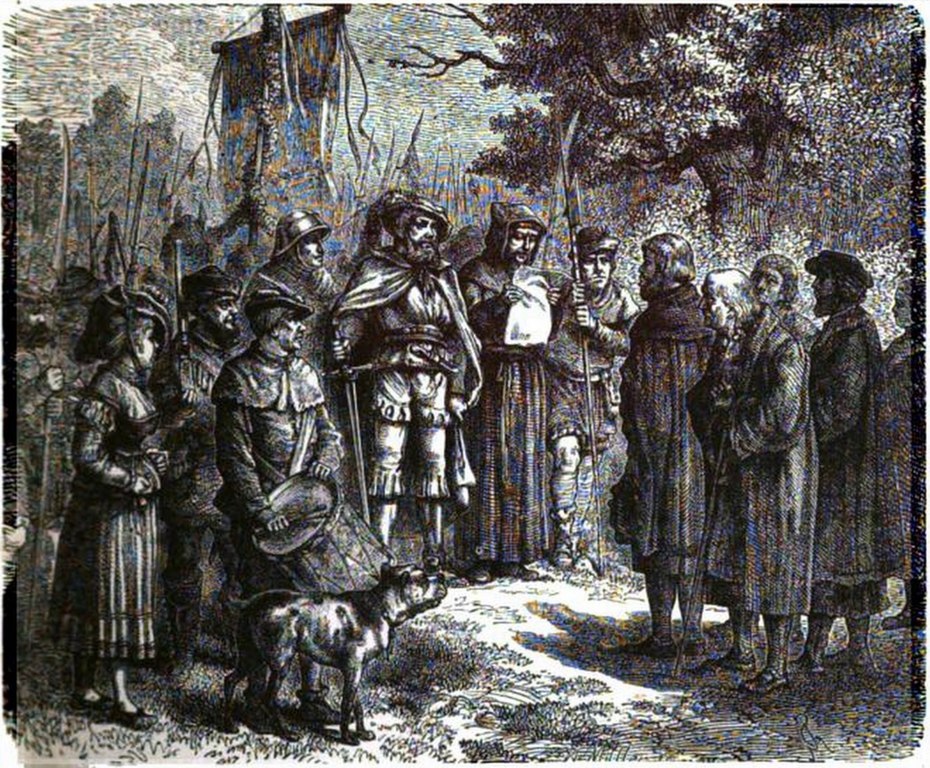
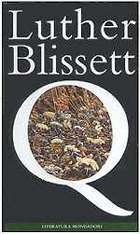
Today in Labor History January 21, 1525: Conrad Grebel, Felix Manz and George Blaurock founded the Swiss Anabaptist movement by baptizing each other and breaking a thousand-year tradition of church-state union. The Anabaptists were considered Radical Reformers. They preached against hate, killing, violence, taking oaths, participating in use of force or any military actions and against participation in civil government. They also believed in separation of church and state.
However, some Anabaptists went even further, like those in the Munster Commune, who called for the absolute equality of man in all matters, including the distribution of wealth. They called upon the poor of the region to join them in sharing all the wealth of the town. Many also believed in polygamy and free love. Not surprisingly, both the Roman Catholics and the nascent Lutherans persecuted them heavily. The Italian fiction collective, Luther Blissett, wonderfully portrays this history in the epic novel, “Q.”
1910s
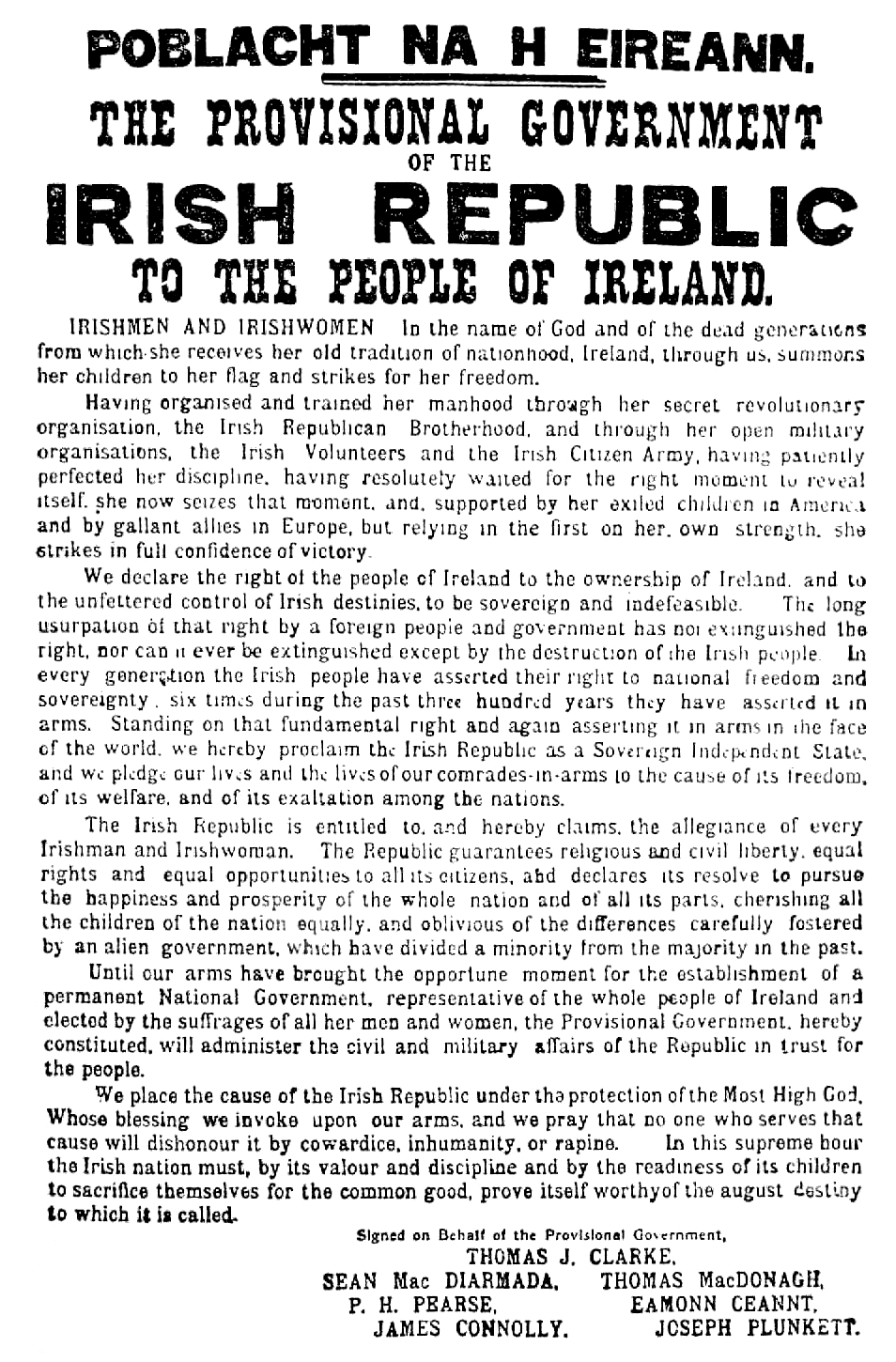
Today in Labor History January 21, 1919: A revolutionary Irish parliament formed and declared its independence from the UK. The Irish republican party Sinn Féin won a landslide victory in Ireland in the December 1918 UK Parliamentary elections. Their MPs refused to take their seats and founded a separate parliament in Dublin called Dáil Éireann. They ratified the Proclamation of the Irish Republic that they issued in the 1916 Easter Rising and adopted a provisional constitution.
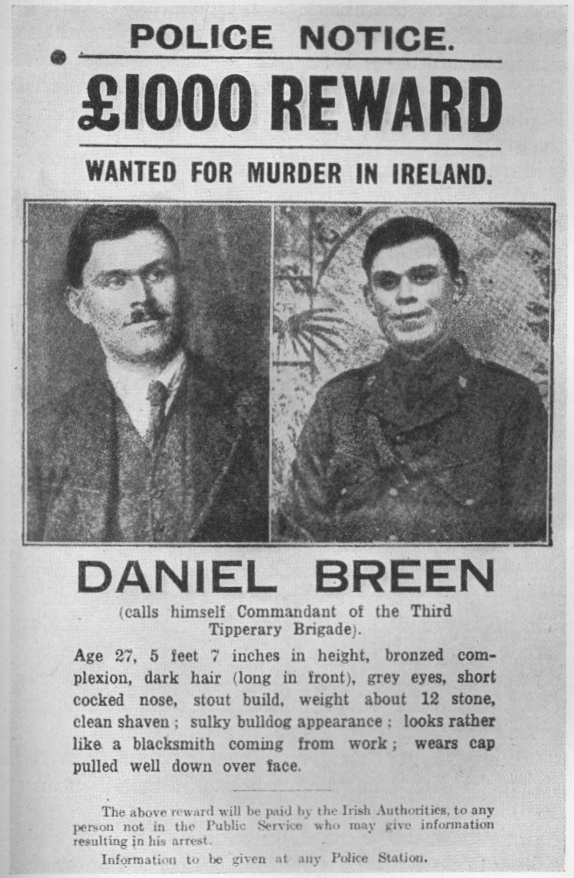
Today in Labor History January 21, 1919: Members of the Irish Volunteers ambushed Royal Irish Constabulary (RIC) officers in the Soloheadbeg ambush. The RIC were escorting a consignment of gelignite explosives at Soloheadbeg, County Tipperary. The IRA killed two RIC officers in the ambush and seized all their weapons and the explosives.
1960s-1990s
Today in Labor History January 21, 1960: A coal mine collapsed at Holly Country, South Africa, killing 435 miners. It was the worst mining disaster in South African history. The miners were crushed to death by falling rocks, or suffocated from methane gas.
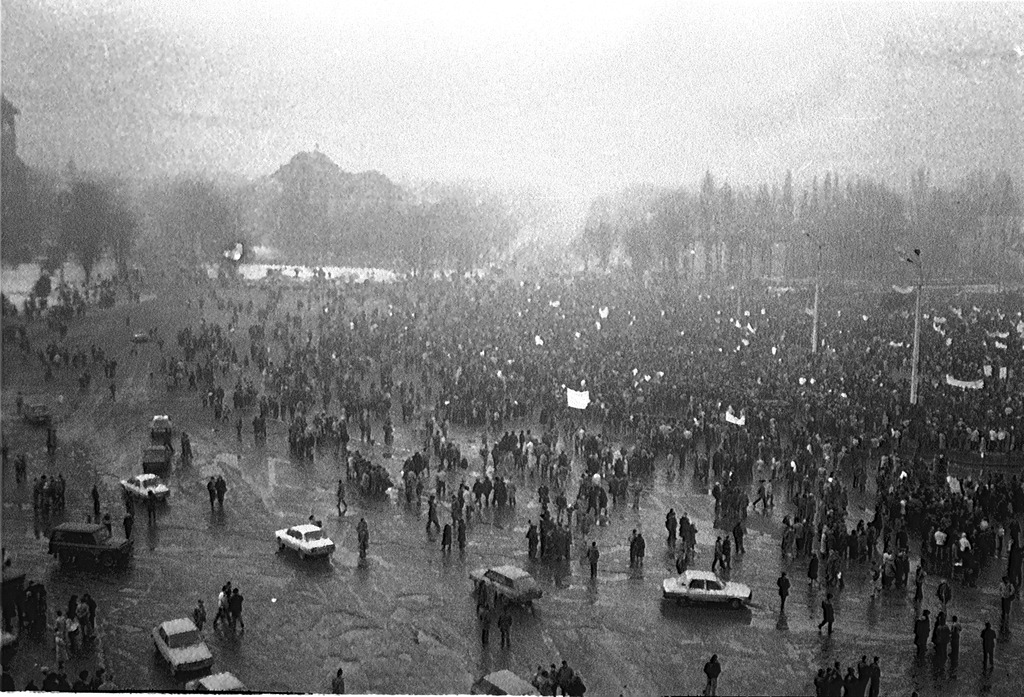
Today in Labor History January 21, 1999: Striking miners used stones and clubs to force their way through riot police in Bucharest Romania in the Mineriad of 1999. They were protesting against low wagesand poor working conditions. The Mineriads were a series of protests by Jiu Valley miners in Bucharest during the 1990s.
2000s
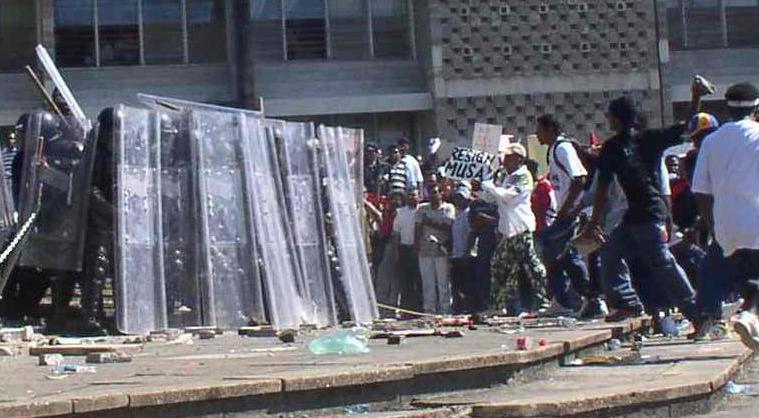
Today in Labor History January 21, 2005: In Belmopan, Belize, unrest over the government’s new taxes turned into riots. The government had just released a new national budget with large tax increases, including an 8% tax increase on tobacco and a 100% tax increase on rum. Protesters threw rocks at the police, who attacked them with rubber bullets and riot gas.

Today in Labor History January 21, 2011: Albanians demonstrated against electoral fraud, as well as widespread unemployment and poverty. The Republican Guard killed three protesters during the demonstrations. A fourth person died several days later in a hospital in Turkey.
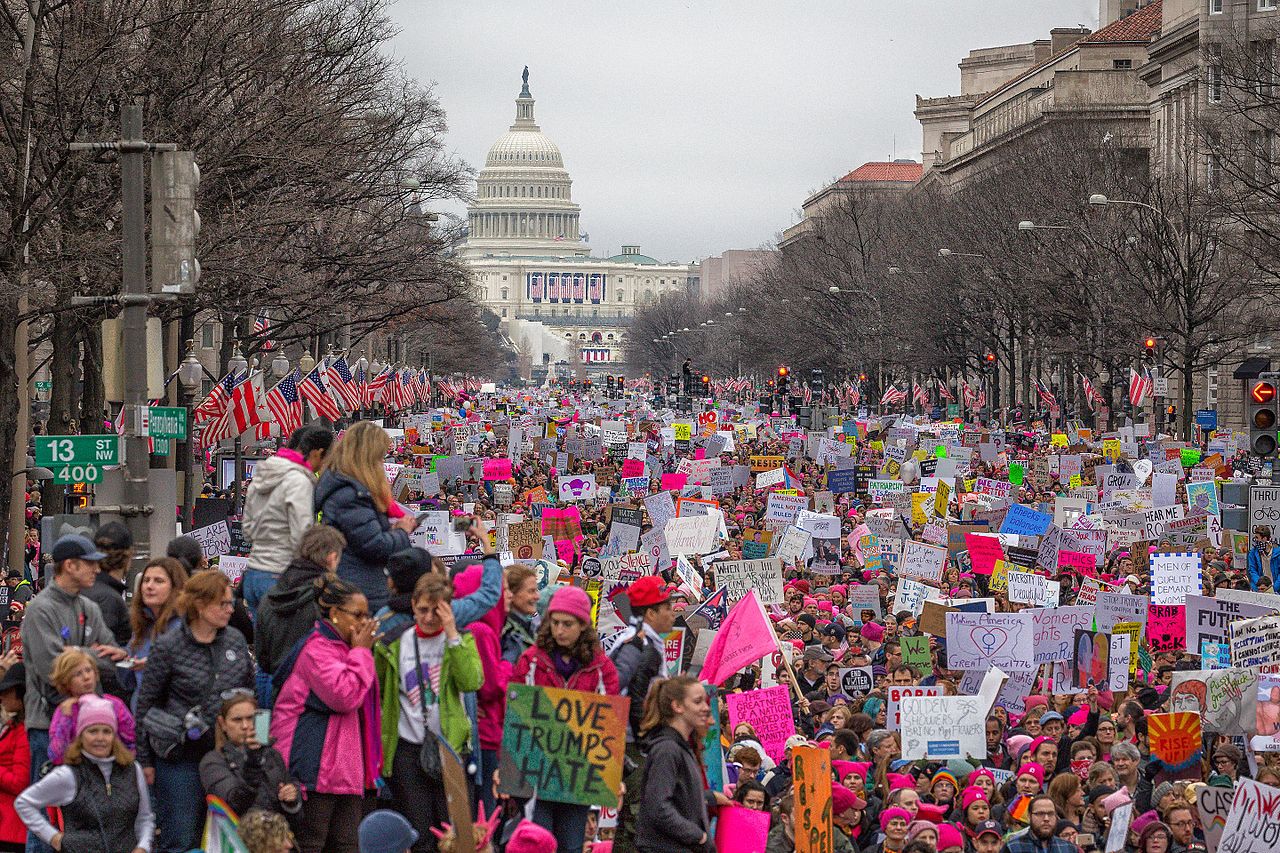
Today in Labor History January 21, 2017: The Women’s March took place, the largest single-day protest in U.S. history. It was prompted by several of Trump’s misogynist statements during his campaign for president. Marchers were advocating for legislation in support of women’s rights, immigration reform, healthcare reform, disability justice, reproductive rights, the environment, LGBTQ rights, racial equality, freedom of religion and workers’ rights. Over 470,000 people marched in Washington, D.C. Up to 5.5 million people participated throughout the U.S., or 1.5% of the entire U.S. population.